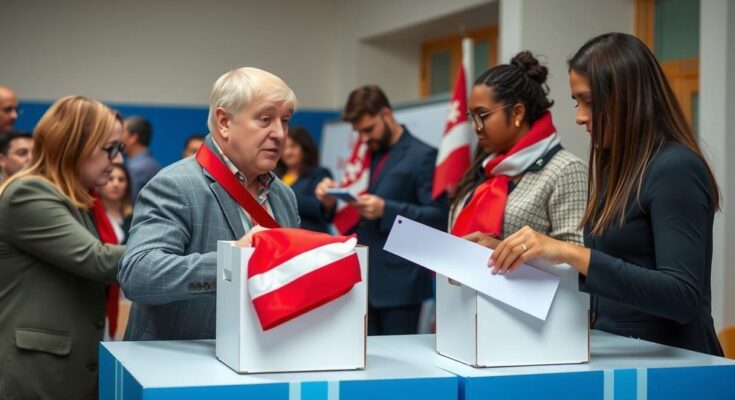Croatians voted in the first round of the presidential election, with incumbent President Zoran Milanović, a critic of Western military aid to Ukraine, facing seven opponents. An outright majority is unlikely for Milanović in this round.
On Sunday, citizens of Croatia participated in the first round of their presidential election, exercising their democratic right to vote. Incumbent President Zoran Milanović, known for his left-leaning policies, expressed critical views regarding Western military assistance to Ukraine amid its conflict with Russia. As he competes against seven other candidates, it is anticipated that he may not secure an outright majority during this initial voting phase.
Presidential elections in Croatia are crucial events that influence the national direction and political climate. Zoran Milanović, who has served as president since 2020, has positioned himself against the backdrop of significant geopolitical tensions, particularly those involving Russia and Ukraine. Historical context highlights the importance of this election, as the political landscape in Croatia continues to evolve, particularly concerning issues of national security and foreign policy.
In conclusion, the first round of Croatia’s presidential election signifies a pivotal moment for the nation as citizens make their voices heard. With Zoran Milanović facing multiple contenders and the potential for no outright majority, the outcome of this election could redefine Croatia’s political landscape, especially regarding its stance on international relations and support for Ukraine.
Original Source: www.mississippivalleypublishing.com



